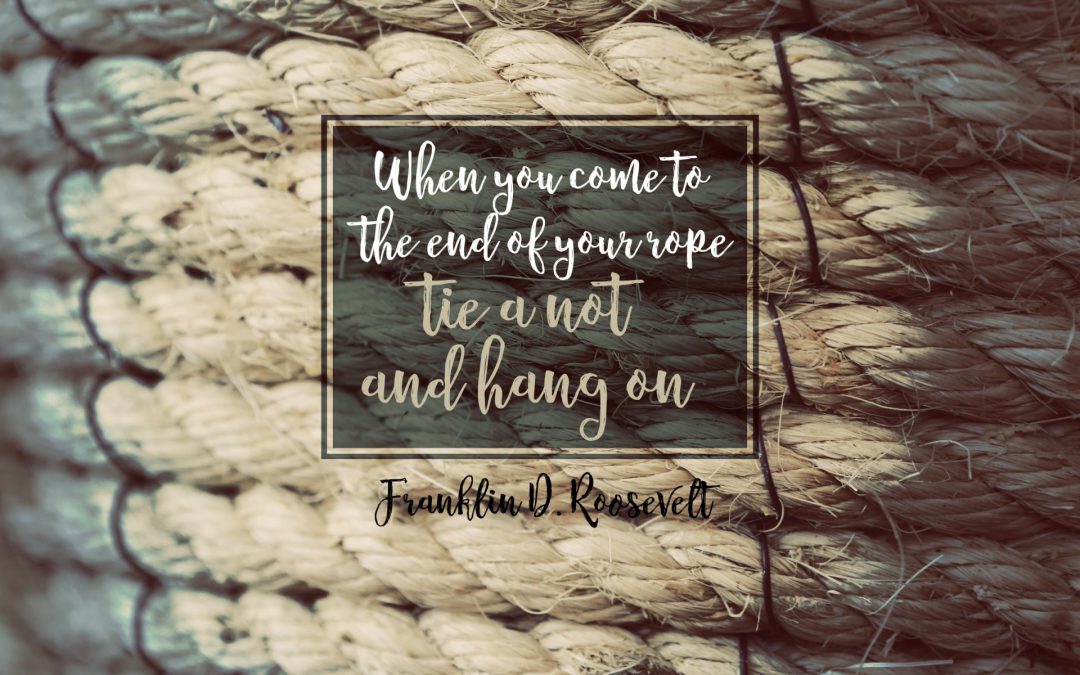Have you ever woken up in the morning feeling completely unenthusiastic about working? Have you ever felt frustrated with your job or your key relationship? Would you agree that whether it’s a bad job or an unnerving relationship, there is at least one time in your life when you have considered quitting? Have you ever felt guilty for feeling that way? I am quite sure you have! And that is because we have been taught to believe that quitting is synonymous with failure. But you know what? Quitting is not necessarily a bad choice! Sometimes the work we do or the relationships that we are in are just not worth continuing. Having said that, it is also important to make sure that we avoid quitting prematurely! And the best way to prevent taking any kind of rash decision is to try this …
- Take a break. Have some fun. Most poor decisions can be avoided by hitting the pause button. When you are stressed, burnt out, exhausted and frustrated chances are that you may end up making some rash decisions that may prove to be unwise in the long run. So give yourself the time you need to make a wise decision. Allow your head to clear before you make a decision that changes your life. Ask yourself, “How can I use this frustration to energize myself to reach my goals?”
- Weigh the situation carefully. Try to be objective and weigh the situation carefully. Take the help of a friend if necessary. It is a lot easier for another person to evaluate your situation accurately that you can do for yourself. Remind yourself – why you are doing what you are doing and what is your vision beyond this?
- Think long-term. Quitting is an easy choice when you only consider the short-term consequences. You can relieve your stress almost immediately! However, when making a decision to quit, you must also consider the long-term consequences. In fact, you must reconsider quitting if the long-term consequences are too severe. A little relief now may not be worth the long-term pain. Also consider who all will be impacted by your decision. Your boss? Colleagues? Family? Just be aware that your children (if any) are always watching you. Be sure to set a good example for them to model. Consider the message that you are sending to your children. Would you advise them to react similarly to an identical situation?
- Could you take a new approach? Maybe you shouldn’t quit. Maybe you just need a new plan. Not getting the results you desire is not necessarily a sign that you should call it quits. Poor results indicate an ineffective process. Perhaps all you need is a tweak in your approach. Remember that major accomplishments are usually accompanied by numerous failed attempts. Believe in your ability to learn, grow, and adapt!
- Own your story. Determine the real reason for quitting. Is it because you don’t believe you can be successful? You don’t have the necessary resources? You lack the ability to manage your time? You don’t enjoy the job or activity any more? Sometime the reasons for quitting are justified and yet sometimes they can be totally absurd. Quitting a second job you don’t need so you can spend more time with your children is a good reason to quit. Ending your marriage because your spouse won’t pick up his dirty socks might be a bit extreme!
- Learn from the past. Consider all the times you have given up in the past. How do you feel about those events today? Was quitting a good idea or do you regret it? How are you likely to feel in the future about quitting in your current situation?
- Sometimes it is necessary to just keep going. There are times when quitting is the best choice. However, when it is not the best choice, it is necessary to be strong and keep going. Stick with that horrible job until you have something else lined up. Give counseling a try before quitting on your relationship.
Remember! If your default coping mechanism is quitting, you may never accomplish anything in life. So take a break before making any hasty decisions. Quitting isn’t to be taken lightly. Before making the choice to quit, consider the consequences, consult with a trusted friend, and reflect on the past decisions. Avoid creating long-term challenges to alleviate stress in the short-term.
In the words of Lance Armstrong – “Pain is temporary. It may last a minute, or an hour, or a day, or a year, but eventually it will subside and something else will take its place. If I quit, however, it lasts forever. That surrender, even the smallest act of giving up, stays with me. So when I feel like quitting, I ask myself, which would I rather live with?”



